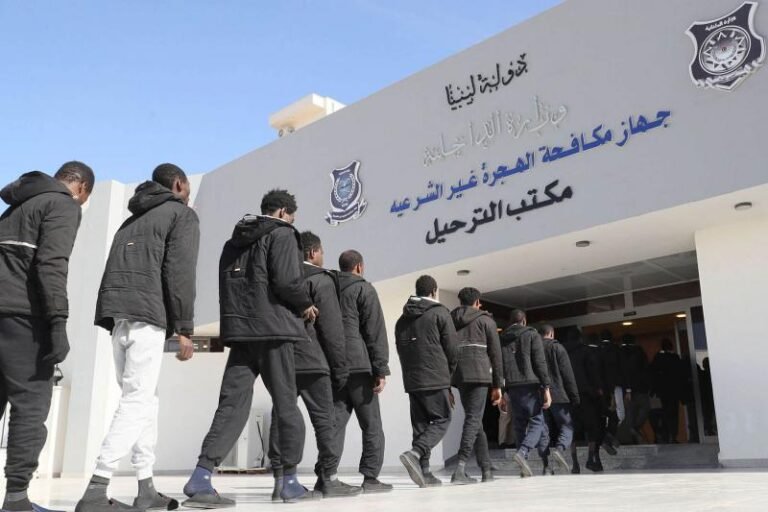Nairobi
African migrants expelled from Tunisia to Libya allegedly faced forced labour, extortion, torture and death, according to a confidential UN human rights report cited by Reuters.
The two countries are key partners in the European Union’s efforts to stem the flow of migrants from North Africa across the Mediterranean Sea to southern Europe.
Hundreds of migrants were targeted in the deportations late last year, according to the Jan. 23 report, which was based on interviews with 18 former detainees and photo and video evidence taken at one of the facilities.
Such transfers took place as recently as early May, said Tarek Lamloom, a Libyan human rights expert. Citing interviews with more than 30 migrants, he said some 2,000 migrants held in Tunisia this year have been handed over to Libyans.
Most of the migrants entered Tunisia illegally from neighbouring Libya and Algeria.
The UN briefing, which has not previously been reported, was shared with diplomats in the region.
The UN report said the expulsions and subsequent detention in Libya were fueling “an already widespread human rights problem in Libya, a cycle of extortion and abuse.”
Libyan authorities are accused of demanding thousands of dollars in exchange for the partial release of the migrants, according to the briefing.
“This situation benefits those who prey on the vulnerable, including human traffickers,” he added.
A spokesman for the UN mission in Libya said he was unavailable for comment. On April 16, then-head of the UN, Abdoulaye Bassily, said he was “deeply concerned about the dire situation of migrants and refugees in Libya, who are enduring human rights violations throughout the entire resettlement process.”
The European Union announced last year that it would spend 800 million euros across North Africa in 2024 to stem the flow of migrants across the Mediterranean. Immigration was a top concern for voters in last week’s European Parliament elections, where far-right parties made gains.
The number of migrants arriving in Europe via the central Mediterranean in the first four months of this year fell by more than 60% compared to the same period in 2023. Italian Prime Minister Giorgia Meloni said on June 4 that the drop was “above all” due to the support of Tunisia and Libya.
But rights groups say the EU policy of outsourcing migration management to third countries in exchange for aid is open to abuse and fails to address underlying problems.
The Tunisian government has previously said it stands by Libya and respects human rights, and Libyan authorities say they are working with neighboring countries to resolve the migration crisis.
UN investigators concluded last year that crimes against humanity had been committed against migrants in several detention centres in Libya run by EU-backed forces.
In Libya, the migrants will be held in makeshift centres in Al-Ahsa and Bir al-Ghanam for periods ranging from several days to several weeks before being transferred to the Bir al-Ghanam detention facility near Tripoli, the briefing said.
The facilities are managed by Libya’s Directorate for Combating Illegal Migration (DCIM) and the Libyan Coast Guard.
According to the UN report, DCIM continues to deny UN personnel access to the site.
The migrants interviewed at the UN briefing were from Palestine, Syria, Sudan and South Sudan. Getting information from African migrants was more difficult because they had been deported and communicating with them was complicated.
Three of the migrants interviewed showed scars and signs of torture, the briefing said.
A UN report in January described the situation in al-Ahsa and Bir al-Ghanam as “abysmal.”
“Hundreds of detainees are crammed into hangars or cells, often with only one functioning toilet and no sanitation or ventilation,” the report said.
In Bir al-Ghanam, officials allegedly extorted between $2,500 and $4,000 from migrants in exchange for their release, depending on their nationality.
He added that former detainees had identified human traffickers among the Libyan border guards working there.
“The current approach to migration and border management is not working,” he said in a January briefing, calling on Libya to decriminalize illegal migration and to ensure that any international support for border management complies with human rights.


